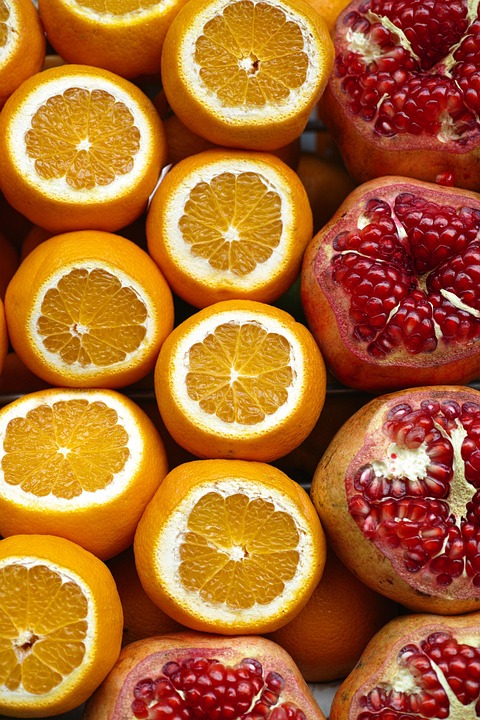The Role of Ascorbic Acid in Food and Beverage Preservation and Safety
Ascorbic acid, commonly known as vitamin C, plays a crucial role in food and beverage preservation and safety. This powerful antioxidant is widely used in the food industry to prevent oxidation, extend shelf life, and maintain the quality of various products. In this report, we will explore the importance of ascorbic acid in food and beverage preservation, its benefits, applications, and industry insights.
Benefits of Ascorbic Acid in Food Preservation
Ascorbic acid is a natural antioxidant that helps to inhibit the growth of harmful bacteria, yeast, and mold in food products. It also helps to prevent the oxidation of fats and oils, which can lead to rancidity and off flavors. By reducing oxidation, vitamin C helps to maintain the color, texture, and flavor of food products, thereby extending their shelf life.
Moreover, ascorbic acid is essential for the preservation of fruits and vegetables. It helps to prevent enzymatic browning, which occurs when fruits and vegetables are cut or bruised, leading to a loss of quality and nutritional value. By adding ascorbic acid to fruits and vegetables, food manufacturers can maintain their freshness, appearance, and taste for a longer period.
Applications of Ascorbic Acid in the Food and Beverage Industry
Ascorbic acid is widely used in various food and beverage products, including juices, canned fruits, salad dressings, and cured meats. In the beverage industry, it is added to fruit juices and soft drinks to prevent oxidation and maintain their color and flavor. In canned fruits, it helps to preserve the texture and appearance of the fruit, while in salad dressings, it acts as a stabilizer to prevent separation.
In the meat industry, ascorbic acid is used as a curing agent to prevent the growth of harmful bacteria and improve the texture and flavor of cured meats. It is also added to processed meats such as sausages and deli meats to extend their shelf life and maintain their quality during storage.
Industry Insights and Trends
The global market for ascorbic acid in food and beverage preservation is expected to grow significantly in the coming years. According to industry reports, the demand for ascorbic acid is driven by the growing awareness of the health benefits of antioxidants and the increasing consumer preference for natural and clean label ingredients.
Major companies in the food and beverage industry, such as Cargill, Archer Daniels Midland, and DuPont, are investing in research and development to innovate new products with added ascorbic acid for improved preservation and safety. These companies are also focusing on sustainable sourcing of ascorbic acid to meet the growing demand for natural and organic food products.
Financial Data and Market Analysis
The global market for ascorbic acid in food and beverage preservation is estimated to be worth over $1 billion, with a steady growth rate of 5% annually. The Asia-Pacific region is the largest market for ascorbic acid, followed by North America and Europe. The market is highly competitive, with key players competing on product quality, innovation, and pricing strategies.
In conclusion, ascorbic acid plays a vital role in food and beverage preservation and safety. Its antioxidant properties help to prevent oxidation, extend shelf life, and maintain the quality of various products. With the growing demand for natural and clean label ingredients, the market for ascorbic acid is expected to expand further, offering opportunities for industry players to innovate and meet consumer preferences.




